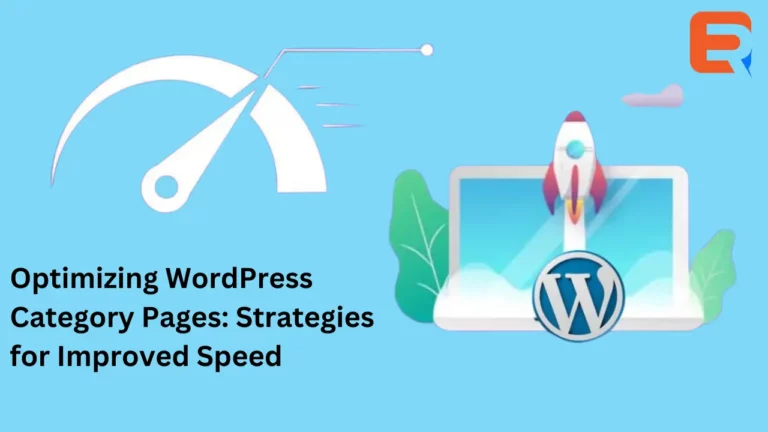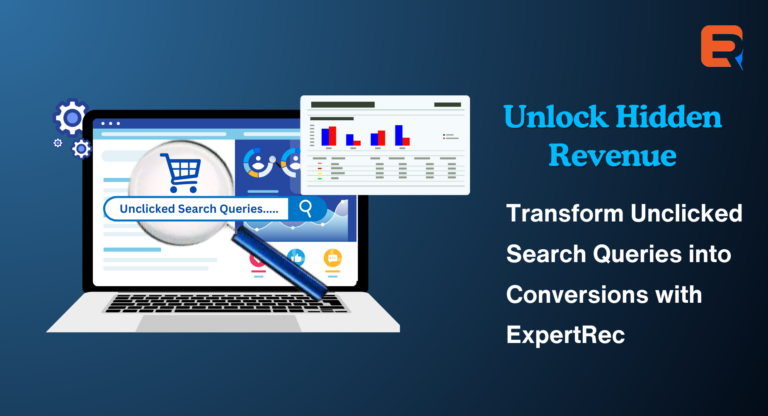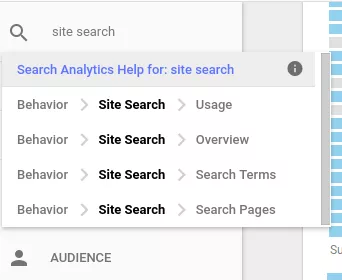In category pages, the frequently targeted keywords are used. One of the key reasons why optimizing a category page is important is that category templates frequently do not accommodate as much content as other pages do.
If we attempt to define a category page, we see that it is a page that groups content that has similar characteristics. In case you run a food-based WordPress blog, you could have categories such as cooking tips and recipes.
By using category pages, your visitors access the content they seek to find on your website.
Now, if it is an eCommerce website powered by WooCommerce that we are discussing, WordPress category pages will organize products in a way that makes their groupings logical. Besides the home page, the highest priority positions on an eCommerce website are invariably given to category pages. These pages are likely to show up for popular keyword searches.
Categories are frequently followed by subcategories like women’s wear > ethnic wear. A structured setup simplifies navigation for visitors.
Category pages, furthermore, enhance your website’s SEO. A visitor with a precise search term could land directly on a category page. With the heavy linking to your site’s structure, category pages sometimes act as hub pages.
-
Identifying and Resolving Slow Performance Issues in WordPress Category Pages
The basis of identification of slow performance issues in WordPress category pages is frequently comparison. If one of your category pages takes 7 seconds to load while the other takes just 3, slow performance issues are easy to see.
The key reason why WordPress category pages load slowly is WordPress’s data model, which involves metadata look-ups and post-types. Correspondingly, the most important ways of getting good speeds are turning on the Object Cache on the server and using good hosting.
Object Caching remembers the results that it generated for a user when used first. When the same query is used again, the same results are again generated. Load time for WordPress category pages at times becomes 4X or 5X quicker by using Object Caching. However, it may take a while for the changes to take effect.
Let us now take a look at a few general tips for speed optimization of WordPress category pages. These are also some generic tips for boosting page loading speeds.
- Pages sometimes have issues with high-resolution images. So, optimizing your images helps.
- Avoid excessive advertisements and avoid displaying flash on your page.
- The use of CSS slows down download speeds.
- Stylesheets should be put towards the top while scripts should be put towards the bottom. By the time JavaScript is downloaded, site data will already be downloaded. When your browser requests JavaScript downloading, analogue downloading will not be required.
- Use CSS Sprites, which is a single image comprising of other images that your design uses. This is a lot like a map that includes coordinates of all images. Downloading a single Sprite image will now suffice and downloading multiple images will not be required.
- External scripts should be limited because downloading them takes time.
- When you add LazyLoad to your images, they load part by part.
- Turning off trackbacks and pingbacks lets your page load quickly.
-
Techniques for Enhancing Loading Speed in WordPress
If your WordPress site loads slower than it should, traffic and sales are lower. Merchants use themes, plugins, and tools to accentuate their website’s branding. Unfortunately, these implements influence the site’s loading times. So, one has to maintain a trade-off between these elements and the site’s loading speed, because these elements are also important to ensure that your visitors enjoy the full experience that your webpage promotes.
The significance of loading times can be understood by the fact that 40% of site visitors will choose not to use a website if it takes over 3 seconds to load. Similarly, a website’s conversion rate increases by 17% for each second that it loads quicker.
Further, Google also awards high SEO ranking for websites that have fast loading speeds over mobile devices. The best practice, here, is to limit loading time to three seconds. Sites cached by the host have low loading times.
Here are some tips to speed up the loading times of your WordPress Sites. It is, then, recommendable to test any changes in the local development environment before any of them go live on your website.
1. Doing a Site Speed Diagnosis
Before installing a plugin on your WordPress website, test how it affects load times. Google PageSpeed is the most important implement used for the purpose.
2. Delete Unused Themes and Plugins
Keeping plugins and themes up to date is important but deleting the unused ones is equally important. This works not just on the front of speed performance, but also makes your website more secure.
3. Cleaning up the media library
Deleting unused media will boost your website’s performance. If you find the assignment to be tedious, a plugin such as Media Cleaner will accomplish the needful for you.
4. Clean up the database
When unchecked, the WordPress database could accumulate clutter with time to slow the site down. Regular cleanups, however, facilitate quicker speeds via the reduction in database size.
The first thing to clean here is prior revisions. If manual procedures are tedious, you may want to use plugins such as Advanced Database Cleaner and WP-Sweep. This also helps delete MySQL queries and old revisions.
5. Render-blocking CSS and Javascript need to be removed
Certain elements are ideal to be loaded last on your website, like rotating images. If you have come across a message that says Defer JavaScript Parsing, it implies that these elements can be loaded later on your page and not towards the top.
6. Minify JavaScript, HTML, and CSS
Minifying the source code files optimizes your website’s backend. The right way to go about it is to remove the unnecessary comments, line breaks, and spaces. When the data transfer required is less, files will run quickly to load your website. Plugins that work for this purpose include Autoptimize, WP Rocket, and CSS Compressor.




